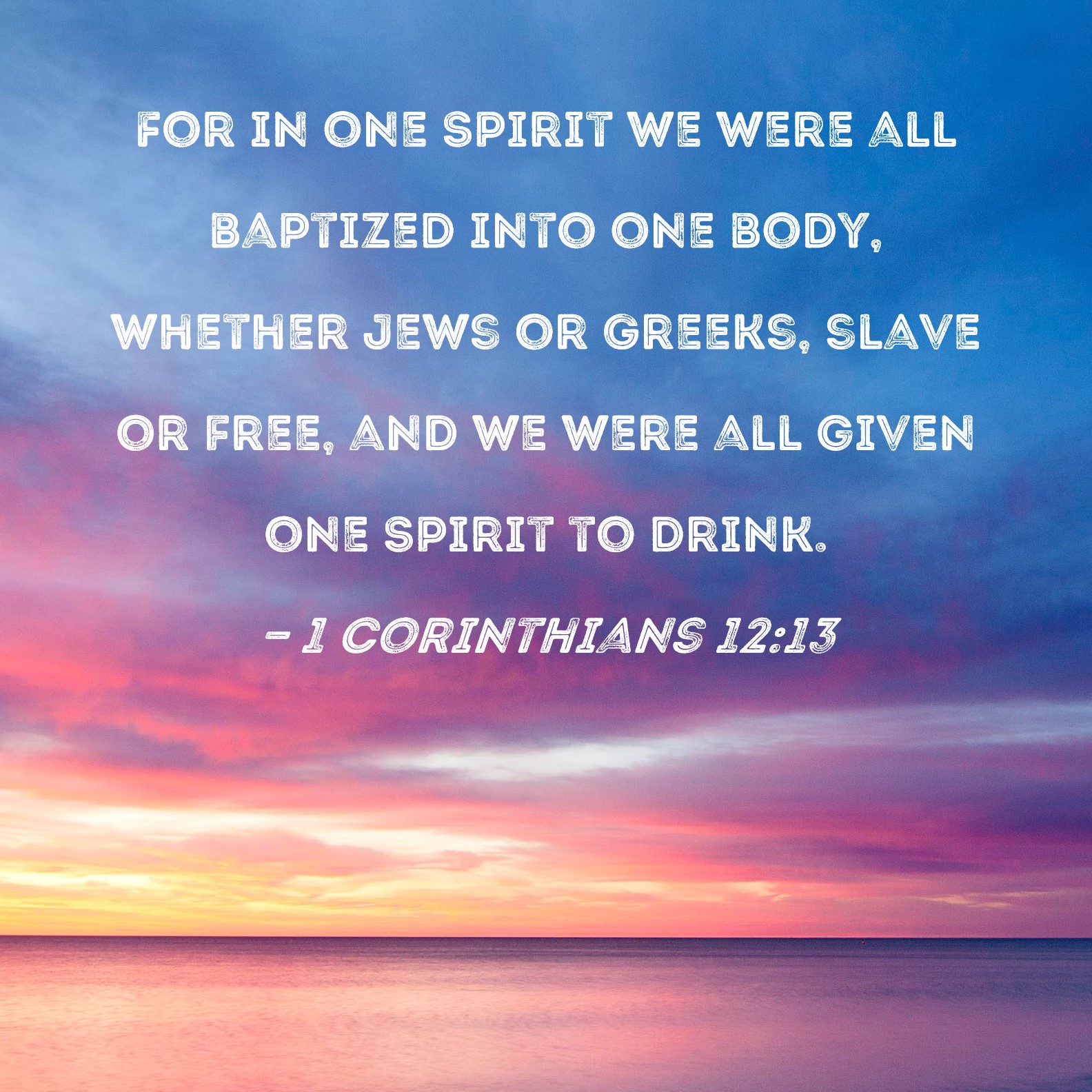So would you say for example these verses all indeed refer to the same Spirit? Despite being in different cases?
John answered all of them: I baptize you with water, but One more powerful than I will come, the straps of whose sandals I am not worthy to untie. He will baptize you with the Holy Spirit and with fire.
biblehub.com
For in one Spirit we were all baptized into one body, whether Jews or Greeks, slave or free, and we were all given one Spirit to drink.
biblehub.com
So if you who are evil know how to give good gifts to your children, how much more will your Father in heaven give the Holy Spirit to those who ask Him!
biblehub.com
The
accusative case
(Luke_11:13) refers to the case used for a noun or pronoun that is a direct object.
The
dative case
(Luke_3:16) shows the relationship of an indirect object to a verb, often found inside a prepositional phrase.
1 Cor_ 12:13 the first Spirit is
dative….. the second spirit is
accusative.
Context determines the use of spirit… (you cannot go by interpreters’ capitalization) It is either referring to God who is
Holy
Spirit or the gift of
holy
spirit, from the giver. (there are addendums to those)
The scripture you cited
both Luke’s reference the gift…
1Corinthians appears to reference God in #1 and the gift and/or spiritual abilities in #2
Luk 11:13 If ye then, being evil, know how to give good gifts unto your children: how much more shall
your heavenly Father give the
holy spirit to them that ask him?
Luk 3:16 John answered, saying unto
them all, I indeed baptize you with water; but one mightier than I cometh, the latchet of whose shoes I am not worthy to unloose: He shall baptize you with the
holy spirit and with fire:
1Co 12:13 For by one
(#1) Spirit are we all baptized into one body, whether
we be Jews or Gentiles, whether
we be bond or free; and have been all made to drink into one
(#2) spirit.
Another occasional usages of spirit.. is The spirit of man (again context determines)





